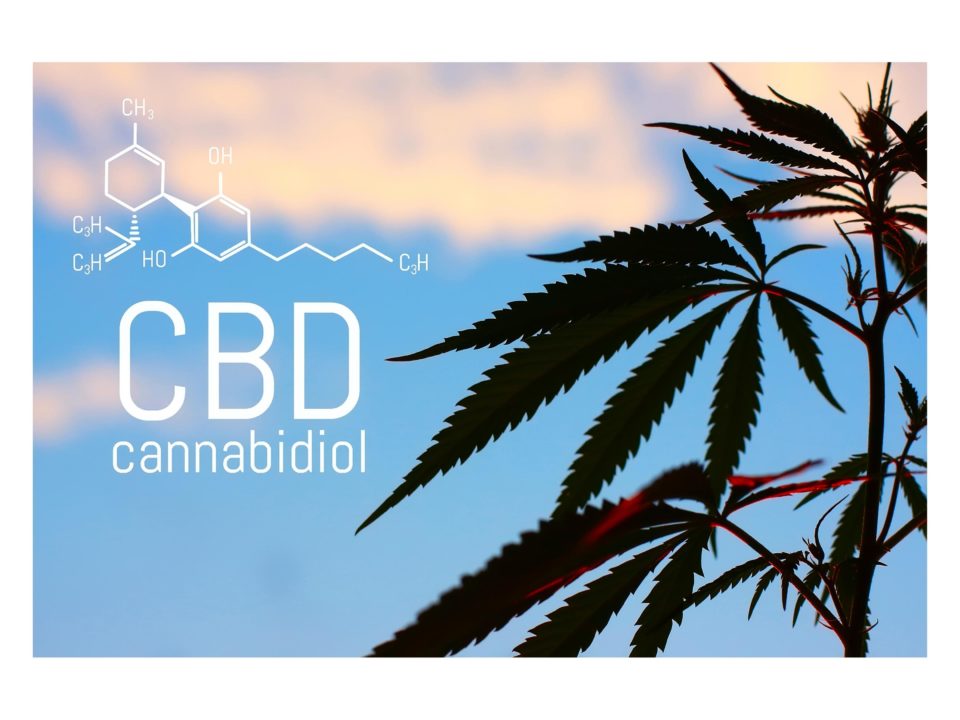CBD Oil for Pain Management

CBD Oil for Pain Management
As hemp-extracted CBD oil products are gaining traction, increasing reports and studies are showing some promising effects of using CBD Oil for pain management. The side effects of CBD oil are less dangerous than prolonged opioid or over-the-counter pain medication use and, depending on how you take CBD, can have different applications.
Why Use CBD Oil for Chronic Pain?
For many people experiencing chronic pain, cannabidiol (CBD oil) has steadily gained popularity as a natural approach to pain relief. Over 100 million Americans suffer and live with chronic pain every day, according to the Institute of Medicine of The National Academies. This pain can be debilitating and have adverse effects on the quality of life for an individual, increase healthcare costs and impact their ability to work. The primary treatment for chronic pain involves dangerous and addictive opioids and narcotics that can have serious side effects.
Common Types of Chronic Pain Include:
- Chronic Lower Back Pain
- Headaches, Migraines or Cluster Headaches
- Osteoarthritis Pain
- Cancer Pain from Chemotherapy Treatment
- Fibromyalgia
- Irritable Bowel Syndrome (IBS)
- Multiple Sclerosis Pain
- Neuropathic Pain from Diabetes
- Temporomandibular Disorder (TMJ)
How CBD Oil Manages Chronic Pain
Use of the cannabis plant for pain relief dates back centuries to ancient China, according to a report published in the journal Cannabis and Cannabinoid Research. While the need for more clearly defined, clinical studies to determine the benefits and side-effects of CBD oil for pain management, research suggests that CBD works by interacting with the endocannabinoid system (ECS) found in all our bodies.
The ECS is a complex system of cell-to-cell communication. This infrastructure contributes to brain functions such as memory and mood, inflammatory processes and influences how we experience pain. Studies suggest that CBD oil might help ease chronic pain in part by reducing inflammation. In addition, CBD oil is said to promote sounder sleep and, in turn, treat sleep disruption commonly experienced by people with chronic pain.
What is the Best CBD Oil for Pain Management?
There are several ways to consume CBD oil depending on what benefits you want to achieve. One of the most popular uses of CBD oil for pain is arthritis symptom relief. A study, published in the European Journal of Pain in 2016, found that topical CBD gel significantly reduced joint swelling and measures of pain and inflammation in rats with arthritis. While more research in humans is needed, much of the evidence shows topical CBD application to localized areas of pain is said to provide more consistent levels of CBD with less systemic involvement.
Those who suffer from chronic back pain or sciatica pain have anecdotally credited CBD for helping relieve pain and inflammation when using CBD in a massage. And because CBD can improve sleep quality, being well-rested can help chronic pain suffers better deal with symptoms.
In 2018, Pediatric Dermatology published a report showing 3 cases of topical CBD oil, cream and spray use in children with a rare, blistering skin condition known as epidermolysis bullosa. All 3 cases reported faster wound healing, fewer blisters and decreased pain with no adverse side effects reported.
CBD Oil for Neuropathic Pain
While very few clinical trials have explored the pain-relieving effects of CBD oil, a report published in the Cochrane Database of Systematic Reviews in 2018 examined the use of a variety of cannabis-based medicines and found they might be of some benefit in the treatment of chronic neuropathic pain. A type of neuropathic pain often occurs in people with conditions like diabetes and multiple sclerosis.
CBD Oil for Cancer Treatment Pain
The National Cancer Institute has recently published a report on the potential benefits of using CBD oil for cancer treatment pain. This report points to CBD as an option for reducing chemotherapy side-effects such as:
- Pain
- Vomiting
- Lack of Appetite
CBD Oil for Natural Pain Management Alternative
Chronic pain is one of the most common reasons for using CBD oil. If you have a chronic pain condition and standard treatment has not been able to manage it alone or if you simply wish to decrease the use of other medications, you might be considering CBD oil for pain relief.
CBD doesn’t pose any significant risks or adverse side effects for users and most topical cbd products do not enter the bloodstream. Certain side-effects can occur; however, such as fatigue, diarrhea, changes in appetite and changes in weight. Additionally, CBD may also interact with certain over-the-counter (OTC) drugs, prescription medications and dietary supplements. There aren't any FDA-approved, nonprescription CBD products. They aren’t regulated for purity and dosage like other medications so that’s why Green Remedy reports a complete COA report on every batch of CBD we produce. As always, consult your physician before changing, starting or stopping your existing health regimen.
[Contact Green Remedy] [Serving Size Recommendations]
https://www.huffpost.com/entry/cbd-oil-pain-management_n_5bfd5069e4b0eb6d9313d61f
https://www.ncbi.nlm.nih.gov/pmc/articles/PMC4851925/
www.cbdschool.com/how-cbd-oil-helped-my-back-pain/
https://www.verywellhealth.com/cbd-oil-for-pain-4177627
https://www.healthline.com/health/cbd-oil-for-pain
https://www.health.harvard.edu/blog/cannabidiol-cbd-what-we-know-and-what-we-dont-2018082414476



